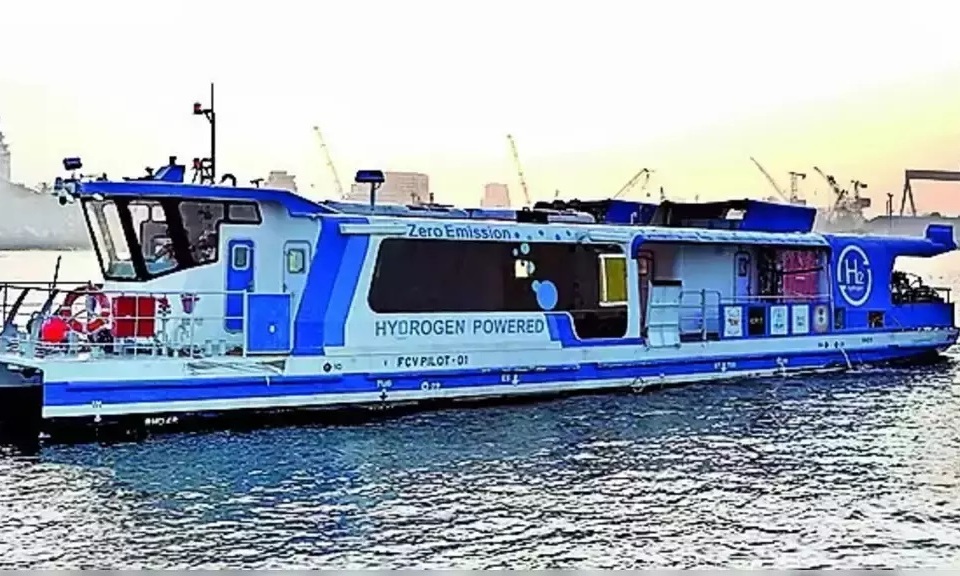In a groundbreaking move towards environmentally conscious maritime transportation, India has recently introduced its inaugural hydrogen-powered ferry. This significant development marks a pivotal moment in the nation’s efforts to embrace sustainable energy solutions, reduce carbon emissions, and explore innovative technologies for transportation.
### The Green Transition in Maritime
The introduction of a hydrogen-powered ferry aligns with global efforts to transition towards cleaner and greener modes of transportation. As the maritime industry is a major contributor to greenhouse gas emissions, the adoption of hydrogen fuel cells represents a crucial step in addressing environmental concerns.
### Key Features of the Hydrogen-Powered Ferry
The hydrogen-powered ferry, a result of collaborative efforts between public and private entities, boasts several key features contributing to its sustainability:
– *Hydrogen Fuel Cells:* At the heart of the ferry’s propulsion system are hydrogen fuel cells, which generate electricity through a clean and efficient chemical reaction between hydrogen and oxygen. This technology ensures zero-emission operations, mitigating the impact on both air and water quality.
– *Renewable Hydrogen Production:* To further enhance the environmental credentials of the ferry, the hydrogen used is sourced from renewable energy, such as solar or wind power. This approach ensures that the entire hydrogen production chain remains eco-friendly.
– *Enhanced Efficiency:* Hydrogen fuel cells are known for their high energy efficiency, making the ferry a cost-effective and sustainable alternative to traditional diesel-powered vessels. This increased efficiency not only reduces operational costs but also lessens the reliance on fossil fuels.
### Collaborative Efforts and Government Support
The successful launch of the hydrogen-powered ferry is a testament to the collaborative efforts between government agencies, private enterprises, and research institutions. These partnerships play a crucial role in advancing technology, fostering innovation, and driving the adoption of sustainable practices within the maritime sector.
The Indian government’s support for such initiatives through policy frameworks, incentives, and regulatory measures has been instrumental in encouraging the integration of green technologies in transportation. This commitment reflects a broader national strategy to achieve ambitious climate goals and reduce the country’s carbon footprint.
### Future Implications and Global Significance
The introduction of India’s first hydrogen-powered ferry holds both local and global significance. On a local scale, it sets a precedent for other maritime operators to embrace cleaner alternatives, fostering a shift towards sustainable practices within the industry. Globally, it contributes to the collective effort to combat climate change and encourages the exploration of hydrogen as a viable solution for decarbonizing various transportation sectors.
### Conclusion
The launch of India’s inaugural hydrogen-powered ferry represents a noteworthy milestone in the nation’s pursuit of sustainable and eco-friendly transportation solutions. This venture showcases the potential of hydrogen technology in revolutionizing the maritime sector and serves as an inspiring example for other nations seeking innovative ways to reduce their environmental impact. As the world continues to navigate the challenges of climate change, initiatives like these offer hope for a cleaner and more sustainable future.

